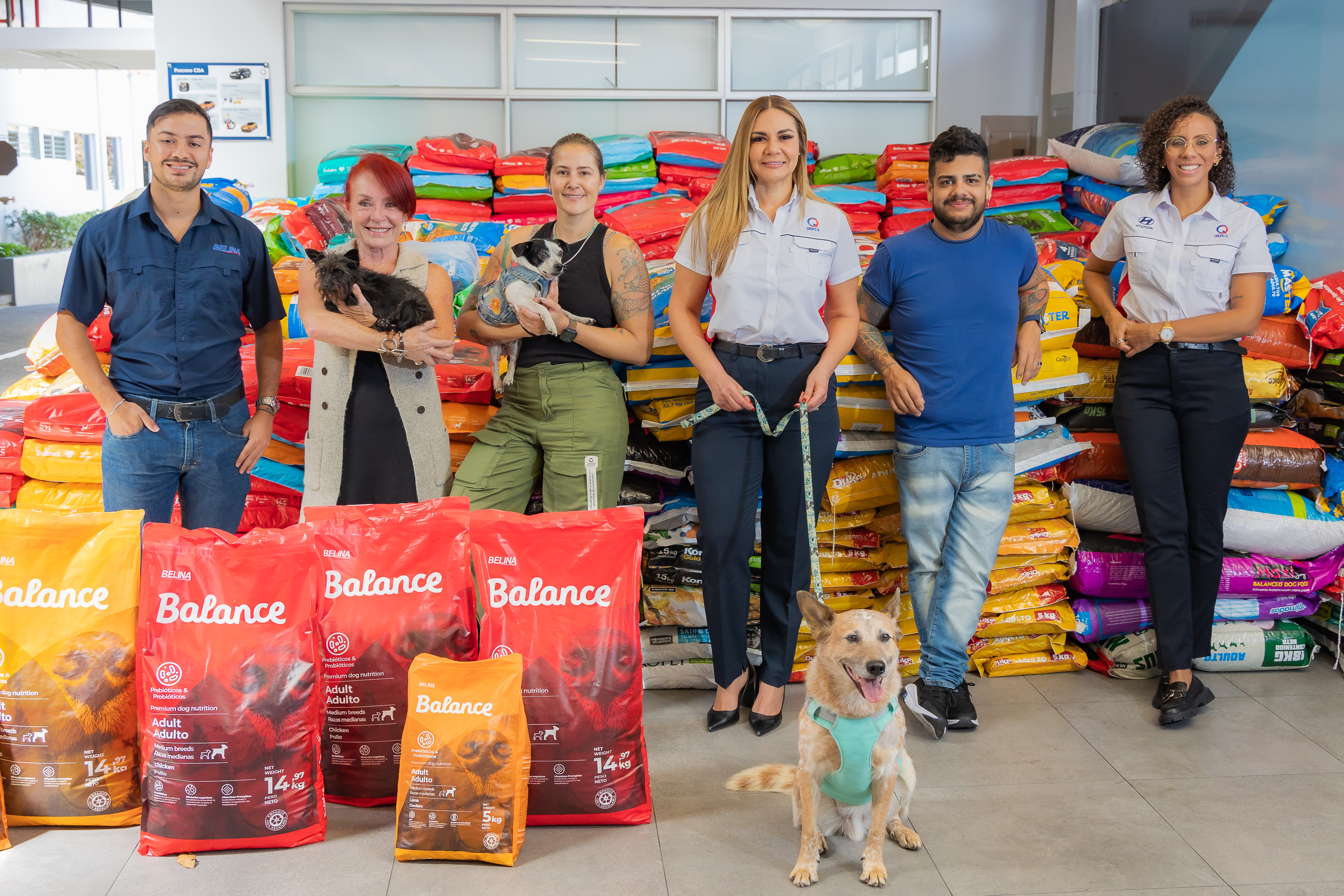We return with our closing special of 3% with the interviews with the actors. The stories obviously revolve around the main characters. However, what would those characters be without all the other characters helping them fulfill their mission? The fate of the continent would have been totally different if Ariel had not agreed to help and if Glória had not regretted what she did. On the other hand, representation within audiovisual productions is important and Ariel is the first trans character on Netflix Brazil. Without further ado this time we spoke with actress Marina Mathey, who played Ariel in 3%.
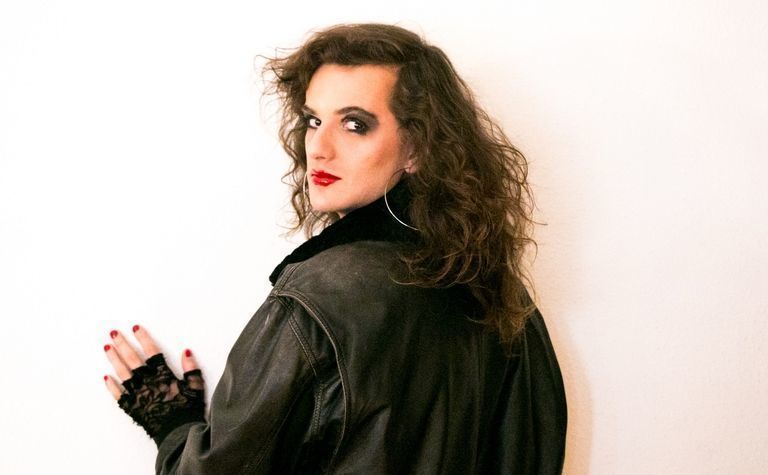
This 27-year-old girl is completely within the artistic world since she works as an actress, singer, songwriter, dancer and audiovisual producer among others. Her career in the world of acting began with theater classes in 2006 in her native Americana, São Paulo. In 2010 she moved to the state capital and since then she has participated in the artistic environment. Although she had previously participated in films 3% was the first series in which she participated, although according to her own words this could have happened before ...
Had you already seen 3% before casting for Ariel?
Not only had he seen it, I had auditioned for the first season (hahaha). By the way I love to tell that story, because I had not yet manifested my transgender identity to the world when I did the test for the first time and curiously, in 2017 I was called again for the test. It was not yet a fact that Ariel would be trans, before she had been thought more as a cis male character, but the team of the series thought of looking for trans actresses to open that possibility, and here is my return, already living as a transvestite and passing to join the cast in the second season.How has working at 3% changed your life?
In various aspects. 3% was the first series I recorded and also my first work with international visibility. I come from the theater, I worked as an actress in the theater since I was little and for some years I was getting involved in the audiovisual world, so having done 3% brought me experience, a lot of learning and also opened the doors for other jobs. Brazil is a very violent and discriminatory country towards trans people, the work of people like me is still very little valued. So having become part of the cast of the series was and is also a way of being able to show my work as an artist and present to the world and to Brazil that there are capable and powerful trans people in their work. Close to 90% of the trans population here is obliged to practice prostitution. There are not many job opportunities for us, many of us do not even manage to finish basic education due to the level of discrimination and various cases of expulsion from home at a very early age, parental abandonment. Within my racial and social class privileges, I had the opportunity to graduate not only from college, but also as an actress before transitioning. So in that sense, the series not only changed my life as an actress but also allowed me to open spaces for more trans people to occupy those places and so many others. As Marina herself mentions, she starred in the first trans character on Netflix Brazil and this opened many doors for her, not only to herself but to the community. That is why the following question is precisely oriented to the representativeness within the series.Ariel was the first trans character on Netflix Brazil. Do you think it is important to have diverse characters so that people can identify with the series?
Definitely! Representativeness matters, a lot! We need more and more trans people playing the most diverse types of characters in series and movies. We're still fighting to get them to stop practicing Transfake - when cis actors or actresses play trans characters. Unfortunately there are still productions that hire cis people to make trans characters and that is very problematic. This practice builds a stereotypical, cartoonish image of us trans people, not to mention that it reinforces a mistaken idea that we are men dressed as women (or women dressed as men in the case of male trans people). Besides keeping us out of the job market, obviously! That is changing, and not only at the Brazilian level, but worldwide! To better understand this, it is worth watching the Netflix documentary “Disclosure”. For those who have not seen it yet, it is a recent documentary executive produced by Laverne Cox and directed by Sam Feder (both trans). In the documentary, we can understand very well the role that the cinema - in this American case - has had in the construction of the imaginary of people in relation to trans people for a long time. You must see that documentary! We need more and more trans people and not just on stage, performing, writing, directing, producing the projects… in all places! Since the second season of 3% I have been receiving messages from trans people from different countries thanking the representativeness, and with the premiere of the fourth season, two years later, several cis people also talking about it, to also congratulate me for my work. We are moving forward, but it is visible how much we need to occupy those places and how important it is to have more and more references, building new perspectives for people like me. We can do everything, just like anyone else!Ariel and Marina
Marina previously brought up the fact that Ariel was originally designed as a cis male character and the fact that the production considered opening up to trans women was a character-changing decision when finally casting Marina. It could definitely be the most important job for Marina as we saw earlier for all it represents for the community, but Ariel and Marina's relationship doesn't end there. Actors can always relate and sometimes want a different destiny for their characters. Here we talk a bit about Marina's relationship with her character Ariel.
Speaking of personality, do Ariel and Marina have anything in common?
I think we have two characteristics in common. First, that both I and her are very observant! I was building Ariel thinking about that because we do not know her intimate life in the series, her family, her past. Her only link from the beginning is with Glória and with the church, so instinctively I felt that she needed that power as an observer, perhaps as an instinct for survival, of having to always be attentive to what is happening around her to continue alive and one day go through The Process. That is something we share a lot in life because I need to be like that. Being a transvestite, I cannot at any time allow myself to be neglected, be it on the street or in spaces in general, there is always a risk of being violated (be it physically or "subjectively") or of being taken advantage of. I think that at this point, despite the fact that in the plot of the series it is assumed that there is no problem of transphobia, that she will not suffer specifically for being trans, there is a whole social issue that encompasses because she is still a person from the mainland, at the beginning.The other point is the determination to achieve your goals! But here we differ a lot in the objectives (hahaha). Because she is seeking to enter the 3%, she faithfully trusts that this will be her salvation, I no longer believe one bit in that elitist and meritocratic structure of society.
There are many people that shipped André with Ariel, do you think that could have worked?
That it can work I don't know ... (hahahaha) But it would be interesting, it would be! But I always joke a lot when people comment on that saying that if Ariel dates André it would be to take advantage of the situation and then overthrow him to become leader of The Process. (Hahaha). I don't see André and Ariel as a couple that would "work", he can't swallow all that violence from him so easily. But it makes me happy to see that it is something that they are commenting on so much, because although it was not something that the script proposed, I wanted to bring that relationship of the characters as a possibility, so that that mystery could be left between the lines. By the way, it worked! (hahaha) #AndrielDefinitely Marina directly influenced Ariel's character, both in her gender and in her personality by including a bit of herself because she was not so clear about the character's background. But is it that Marina sees herself in another character?
If you had to choose a character other than Ariel, what would it be and why?
I think it would be Commander Marcela! Not because of her principles or her nature, but because of her complexity in the series. It would be a wonderful character to play as an actress, to build those complexities of her, which Laila Garin did wonderfully !! A strong woman, important to the Offshore, and at the same time with so many family issues that arise throughout the series, her emotions that for a long time were hidden ... nothing simple. It prompts me to reveal the hardness of people and what leads them to be like that.In the world of 3%
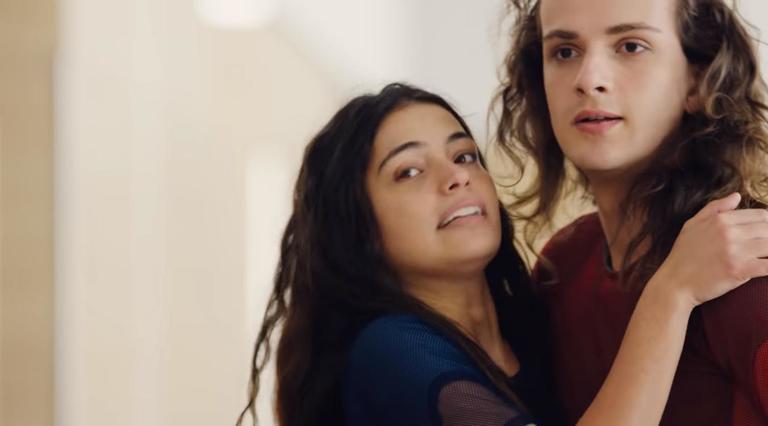
Unfortunately, the world of 3% and ours have many things in common, mainly for Latin America since it is a Brazilian dystopia with which we can easily identify. That is why we always ask the interviewees to analyze a little aspects of that world with respect to ours or what they would do in situations related to that world.
If you had to create a test for The Process, what would it be like?
How difficult! (hahaha) I can't even imagine it, because for me there shouldn't be The Process (hahaha)Why do you think church members trusted the process so much? Is it a reflection of religion in our current society?
Undoubtedly! A miserable society is a fragile society and many times people cling to religion as the only prospect of salvation, looking for reasons to stay alive. That is extremely violent, because in the series and in society some spaces related to religion end up serving to maintain the status quo. The way in which power is structured in this capitalist and meritocratic society is so clever that even the spaces where the care of spirituality is assumed very easily become another gear for the alienation of the people, and in this case mainly of the people. who does not exercise power, the poor people. We have to analyze our own beliefs, because many times they are not ours, but were introjected into us without even realizing it.Why do you think it is so important to have series like 3% that criticize the inequality that we live in all of Latin America?
We are experiencing a “boom” of extreme conservatism in the world. To criticize inequality is to review again the racist, colonialist structures that constituted the entire hierarchy of power, be it within each country or between countries. I see that 3%, being a series created by artists from a third world country, sudaka, it is possible to discuss this from the point of view of subordinates (at a global level, I say). In addition to the social inequalities that Brazil experiences internally, we cannot forget that we are an underdeveloped country and that it was colonized for exploration. This is reflected in our society until today, and it is more than urgent to look at it and radically discuss these structures and their mechanisms.Next projects
Finally we talk about Marina's next projects, which being such a complete artist and in so many areas could be quite varied if not for the current impact of the pandemic in the artistic world.
What are your next projects?
We hope to hear a little more about those Marina projects shortly. For now, we hope that this interview with a totally social criticism and representativeness has taught you as much as we have about the importance of opening spaces to different people and not neglecting their capacities because of their gender. Definitely 3% is a series that can teach us a lot about the same problems that our current society has. If you haven't read it yet, we also interviewed Fernando Rubro, Xavier Toledo's actor.
![[Special] 3%: Interview with Marina Mathey](/uploads/media/2020/09/3-logo.png)
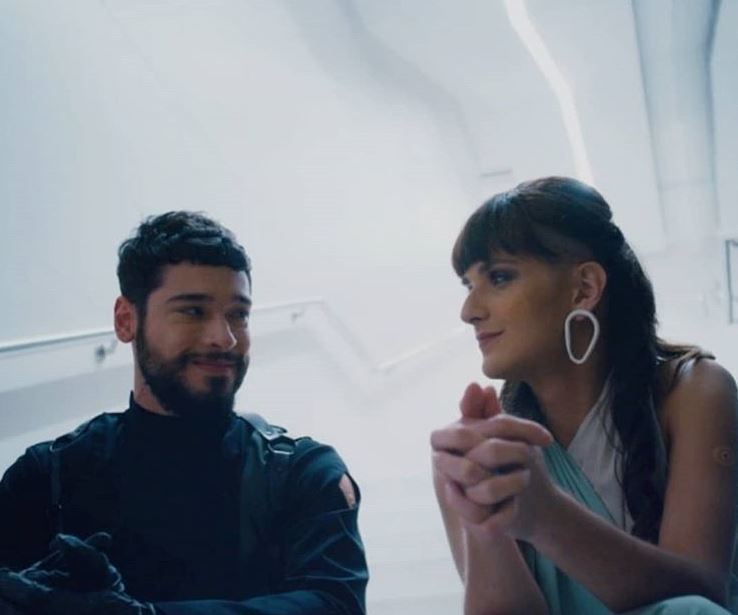
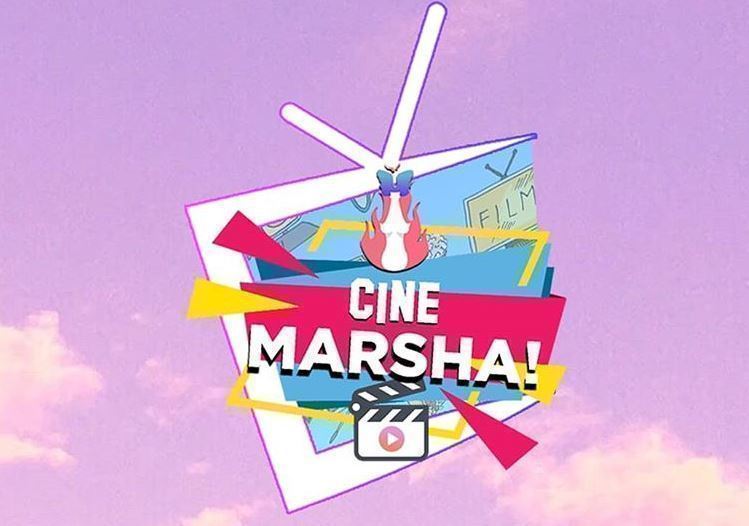

![[Reseña] God of War Ragnarok](/uploads/media/2022/11/God-of-War-Ragnarok.jpg)


![[ANIME +18] Te recomendamos 5 hentai para que veas en tu habitación](/uploads/media/images/49599.jpg)

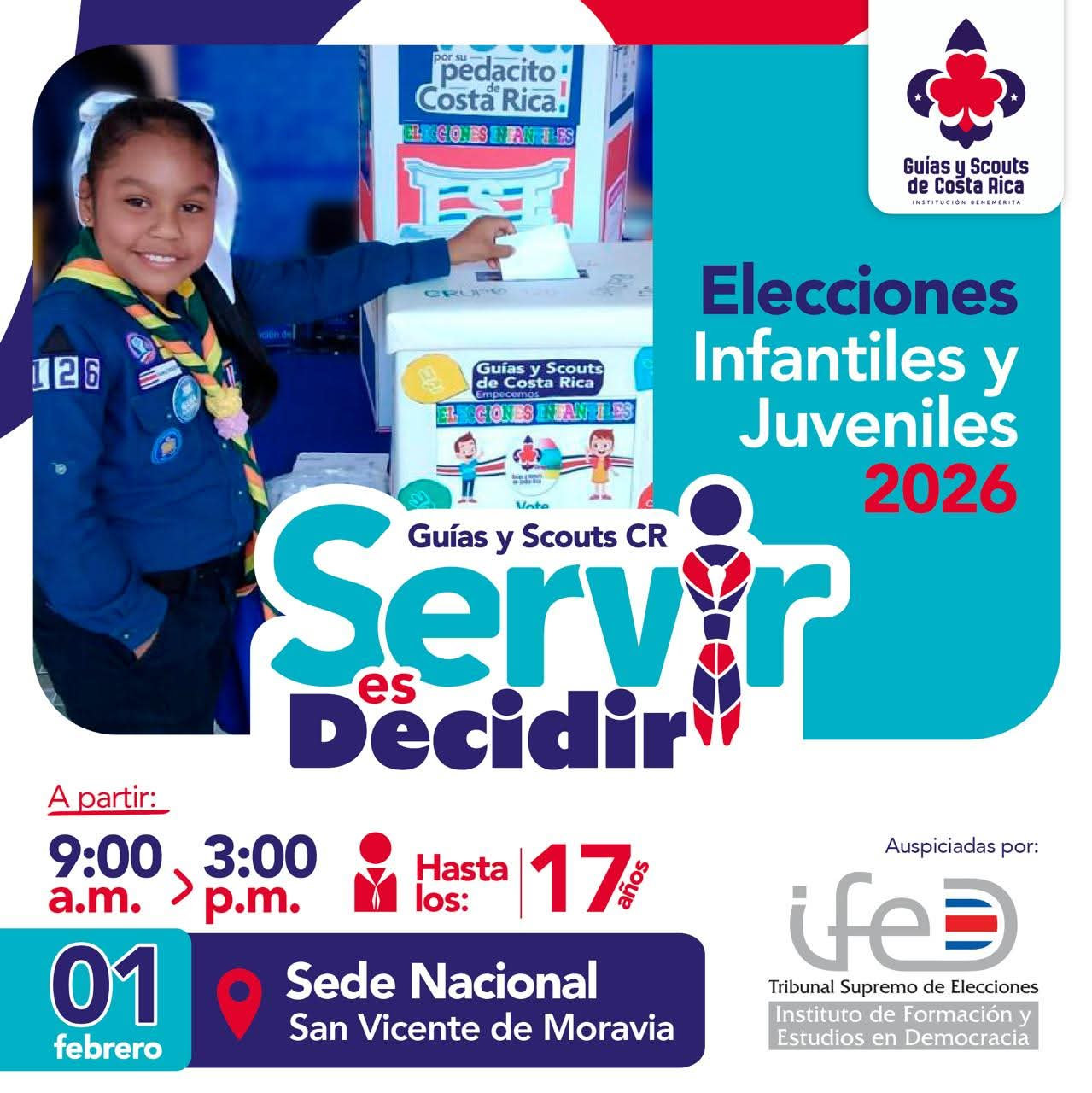
.jpg)
.jpg)

